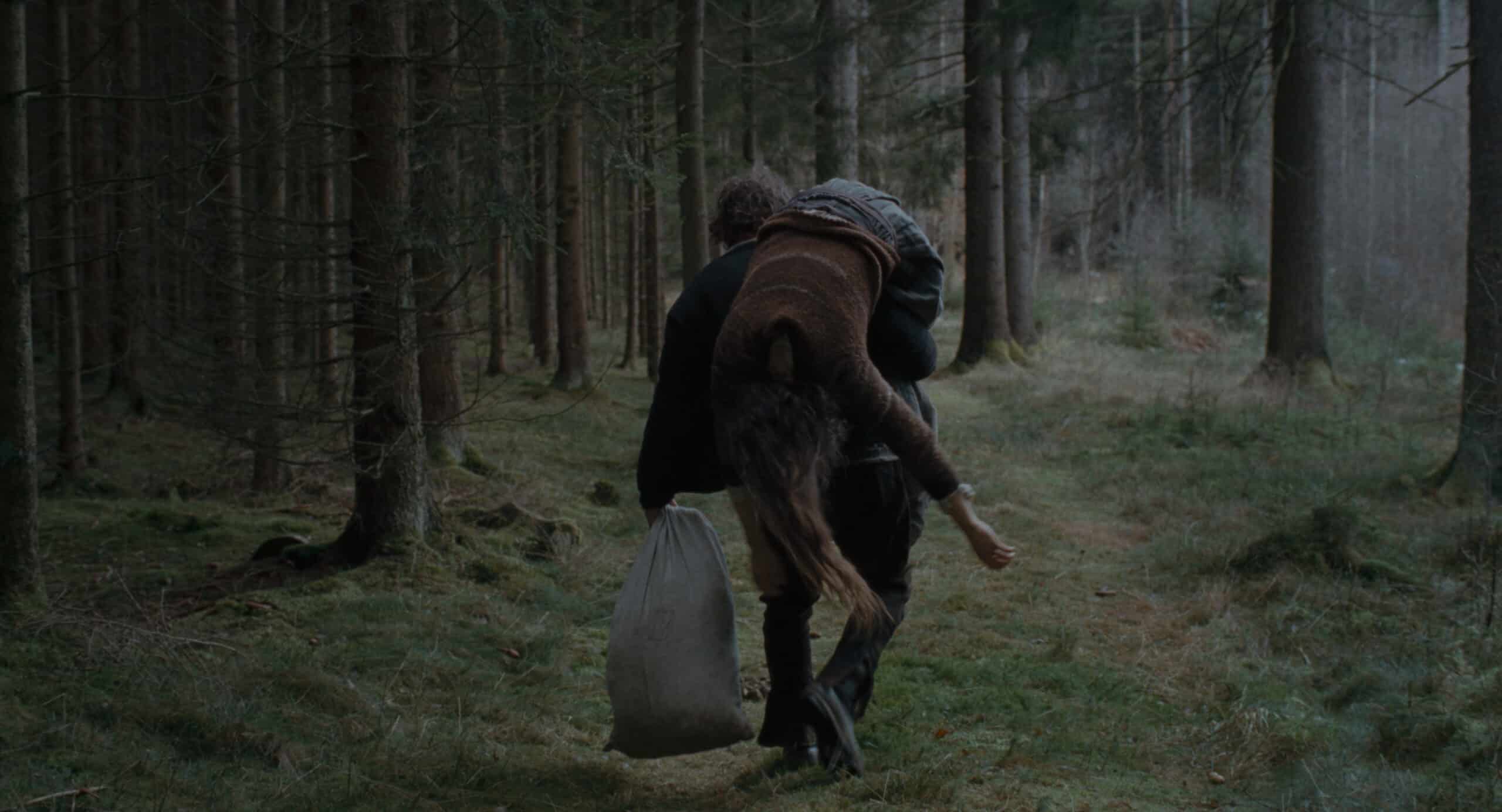




Dirs: Veronika Franz & Severin Fiala | Cast: Anja Plaschg, David Scheid, Maria Hofstätter | Austria / Germany 2024 | German, Subtitles: English | 121′ | Colour | World premiere
Veronika Franz and Severin Fiala delve into their country’s macabre past for this painfully drawn out if atmosphere horror story that often looks like a painting by Hieronymus Bosch.
The Devil’s Bath follows Goodnight Mommy as a profound and disturbing psychological true thriller, based on an unexplored historical episode in European social history that hails from Upper Austria in the 1790s, according to court records. The ‘Bath’ in question was a state of depression brought on by the rigours of everyday life, and many escaped this by committing murder and subsequently seeking a pardon from the Church which allowed them to commit suicide and receive a decent burial, rather than being cast out for eternity.
In a remote rural village, Agnes (Anja Plaschg), a poor peasant girl, finds herself imprisoned within the strictures of local expectations when she marries her husband Wolf, a man with nothing to offer but a stone hovel and a life of duty, religious dogma, a mother in law from Hell. And to make matters even worse, it turns out that Wolf is impotent in an era where child-bearing is the primary goal of marriage and womanhood. Barren women were treated with suspicion and often accused of witchery, so Agnes’s nuptial joy soon turns to misery.
Not surprisingly, she goes mad, unable to speak openly about her plight, and for two long hours we feel her mental and physical pain in a film that chills to the bone with its overcast skies, dank settings and disgusting rotting fish motifs.
The horrific death of a baby at the hands of its mother, in the film’s ominous opening scene, serves as a warning sign that The Devil’s Bath is not going to be a barrel of laughs, but neither does it descend into the realms of sensationalism as a seething sense of dread builds, albeit at a snail’s pace. Festering wounds and putrefying flesh along with every kind of human deformity are often elevated to an art form in Martin Geschlacht’s camerawork (which won him a Silver Bear); but they are disgusting nevertheless and a stark reminder of what life was really like back then. There is beauty too in the misty mornings and Autumn countryside.
Agnes takes the baby’s death to heart and gradually becomes obsessed by having her own child. One particularly evocative scene sees her praying obsessively over a wax effigy of the Baby Jesus, that she steals from the local church, with a particularly ghoulish outcome. Morose and malingering, Agnes is a tragic figure, and the final scenes of this ghastly period piece are truly shocking. @MeredithTaylor
SILVER BEAR – BEST CINEMATOGRAPHY | BERLINALE FILM FESTIVAL | GOLDEN BEAR 2024